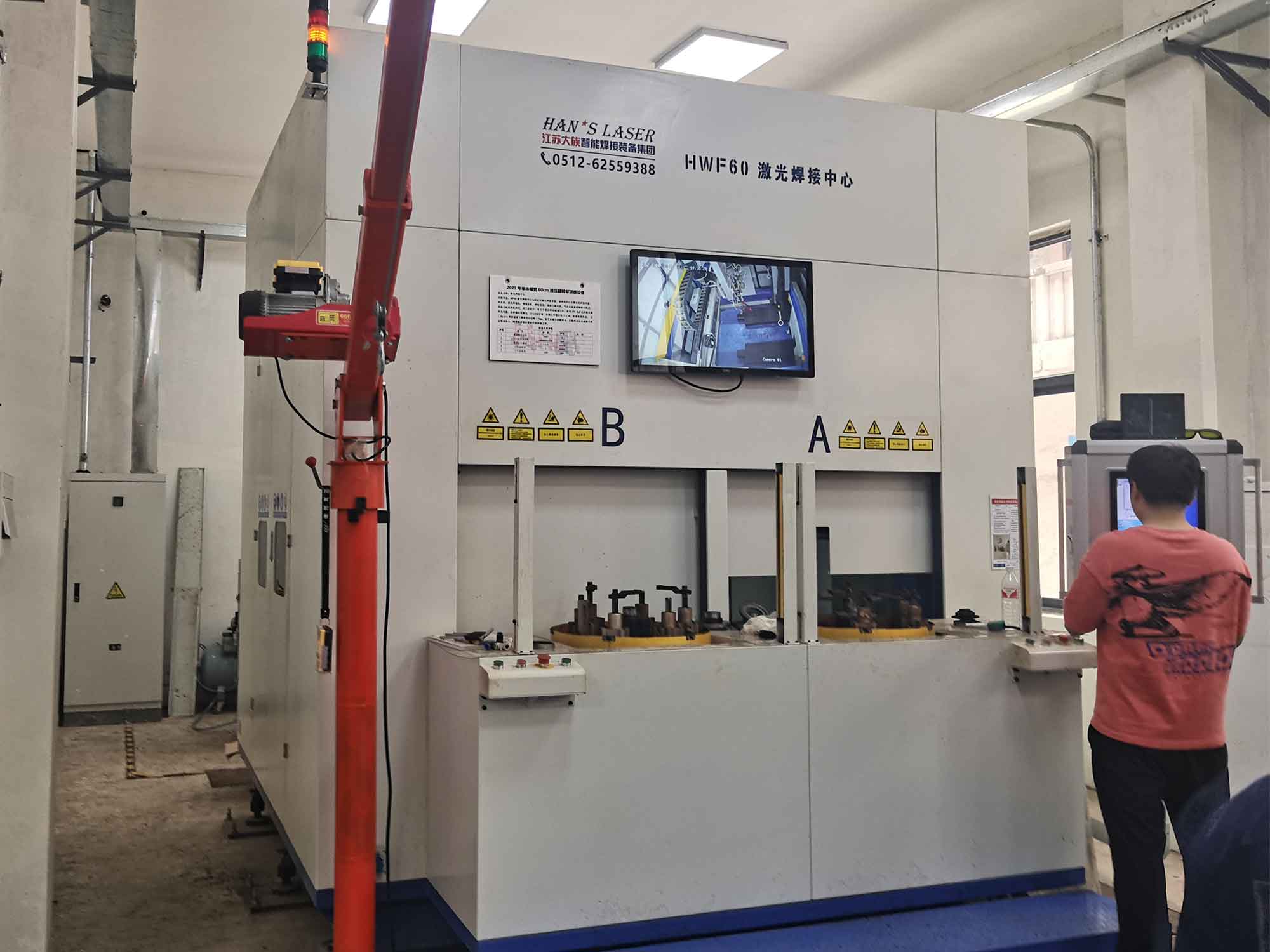The aerospace industry presents a range of trends and challenges for gear manufacturer, reflecting the complex requirements and high stakes of aerospace applications. Here are some key trends and challenges currently facing gear manufacturer in this sector:

Trends
- Lightweight and Durable Materials:
- The shift towards lightweight materials such as titanium and advanced composites continues to grow. These materials can reduce the weight of gears and other components, improving fuel efficiency and payload capacities.
- Precision Engineering:
- There is an increased demand for high-precision gears due to the critical nature of aerospace applications. This includes tighter tolerances and higher-quality surface finishes to ensure reliability and performance in harsh environments.
- Additive Manufacturing:
- Additive gear manufacturing, or 3D printing, is becoming more prevalent for producing complex gear geometries that are difficult to achieve with traditional methods. This technology also allows for rapid prototyping and the potential reduction of waste material.
- Digitalization and IoT:
- The integration of digital technologies and the Internet of Things (IoT) in gear manufacturing processes allows for better monitoring and optimization of gear production. Sensors can track the performance of gears in real-time, leading to predictive maintenance and better lifecycle management.
- Sustainability Initiatives:
- Environmental considerations are becoming increasingly important. Gear manufacturer is focusing on sustainable practices, such as reducing energy consumption during production and using recyclable materials.
Challenges
- Regulatory Compliance:
- Aerospace gears must meet stringent regulatory standards for safety and performance. Compliance with these regulations can be costly and time-consuming, requiring extensive testing and certification processes.
- Cost Pressures:
- Despite the demand for advanced technologies, there is constant pressure to reduce costs. Balancing the investment in new technologies with the need to remain cost-competitive is a significant challenge.
- Supply Chain Vulnerabilities:
- The aerospace industry is highly dependent on a global supply chain, which can be susceptible to disruptions from geopolitical tensions, trade issues, or pandemics. Ensuring a reliable supply of materials and components is crucial.
- Technical Expertise:
- The need for specialized knowledge in designing and manufacturing advanced gears is a challenge. There is a continuous need for skilled engineers and technicians, which can be a bottleneck if the talent pool is insufficient.
- Quality Control:
- Maintaining consistently high quality is critical in aerospace applications where failure can have severe consequences. Implementing and maintaining effective quality control systems in gear manufacturing is both critical and challenging.
Overall, while the aerospace industry offers significant opportunities for gear manufacturer, it also requires them to navigate a complex landscape of technological, economic, and regulatory challenges.
